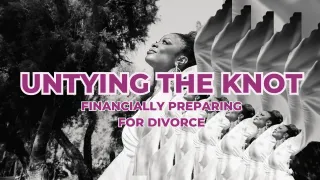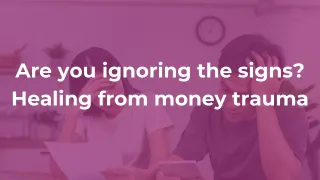HEY, I'M LYDIA
Welcome to my blog!


6 Important Lessons to Succeed in the UAE
When you decide to move to the United Arab Emirates, like everyone else, you think, "I will spend at most 2-3 years as I need a change of environment, a multicultural and advanced society, and of cour... ...more
all Categories
June 27, 2024•3 min read

What’s Your Wealthy LYF Number?
Have you ever calculated Your Wealthy LYF number aka your financial freedom number? Your Wealthy LYF number is the value of your investment portfolio so you can live on passive income. This number w... ...more
all Categories
June 27, 2024•1 min read

4 Money Behaviours to Work on in 2023
We’re 5 days into 2023 - how much have you changed in the past 5 days? Let’s be real. You’re not going to change your behaviour overnight. But once you decide you’re ready to make a change, you can ... ...more
all Categories
June 27, 2024•3 min read

🎶If I Had a Million Dollars 💰
Please tell me you remember that song..?! Have you ever dreamed of having a million dollars in your bank account? Maybe you've watched the show "Who Wants to Be a Millionaire?" and thought, “I want ... ...more
all Categories
June 27, 2024•3 min read

💰Financial Fridays - My divorce story
I don't talk about my divorce much because it's well in the past and there's no need. But I feel compelled to share a few details of my own divorce story with you all. I got married in September 2015... ...more
all Categories
June 27, 2024•2 min read

Moving to UAE? Avoid these 7 Money Mistakes
7 mistakes to avoid when you move to the UAE if you want to leave here richer than you came ...more
all Categories
June 27, 2024•3 min read

"I found that you were compassionate, empathetic and understanding. You also pushed me when I needed to be pushed."
Tarryn Martin

"Lydia has been great with my account. As a newbie to investment, she has been able to explain stuff to me so easily that it doesn't seem complicated any longer. I also appreciate her monthly updates, it's very helpful to know what my money is up to."
Edyth Schandorf

"Having Lydia Andrews as my wealth adviser makes my life much easier! she’s extremely dedicated and always has my best interest at heart. So now, instead of trying to figure out where to invest my money myself, I have Lydia, who periodically presents me with options, answers all my questions and ensures the investment process is as seamless as possible. She’s an invaluable asset to my financial journey!"
Nanama Acheampong

Sign Up for LYF Updates
Get investment advice and helpful financial tips directly in your inbox!
